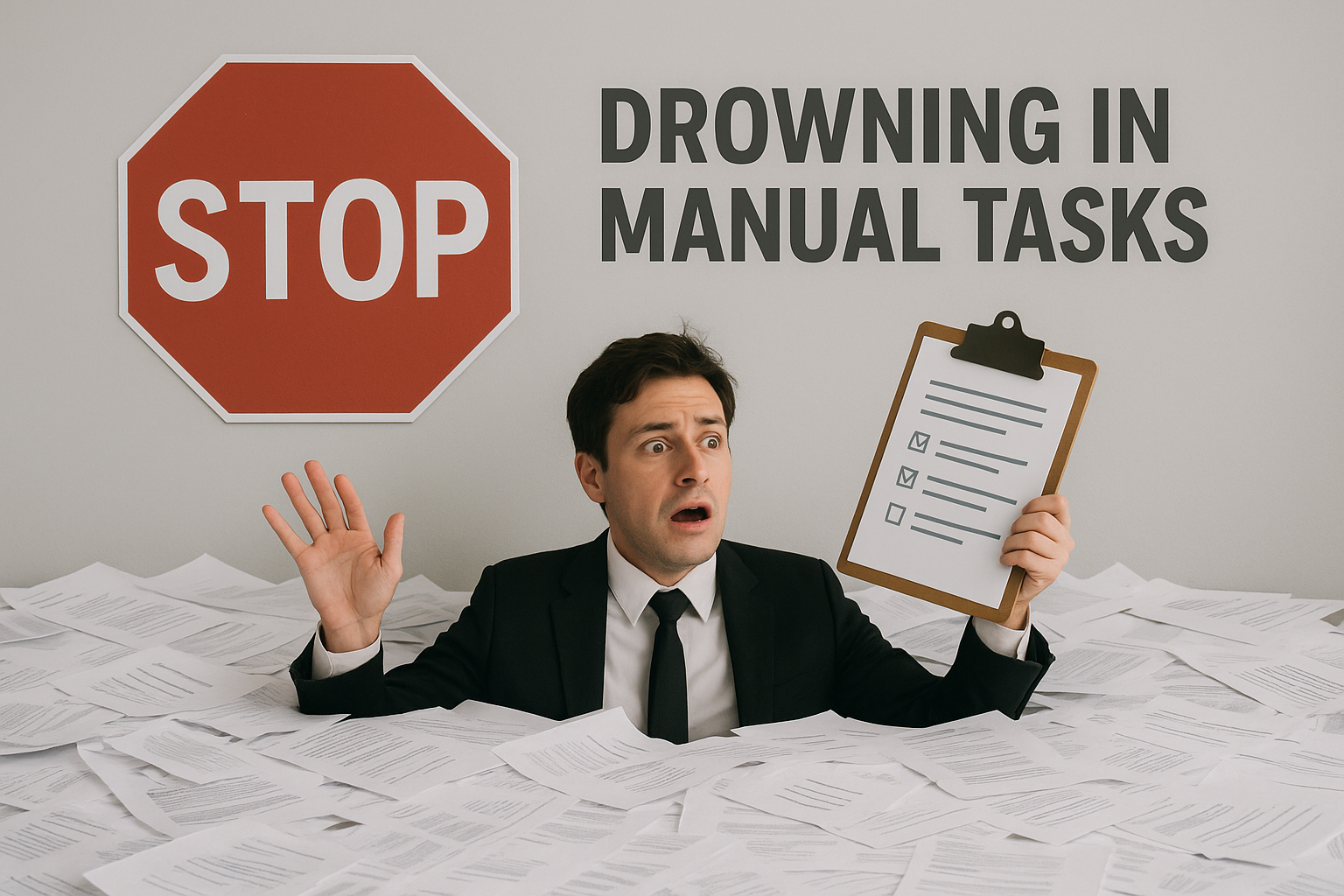
The small business CGT concessions are a great tool for business owners to transfer wealth into super. Here, we break down the two essential requirements you must first meet in order to access any of the concessions. Could your business qualify? It may be time to see your adviser to start planning your business retirement strategy.
Have you considered the powerful tax and superannuation planning opportunities that the small business CGT concessions can offer your business? These concessions allow you to reduce – or in some cases, completely eliminate – the capital gain from the sale of a business asset, whether it's held directly by your business entity or in another related structure.
What's more, the concessions also allow you to make extra super contributions – sometimes up to $1,515,000 – in connection with the sale of business assets. This is an attractive opportunity for many small business owners heading for retirement, especially given the restrictive annual contributions caps that usually apply.
There are various concessions available, each with their own eligibility rules. However, there are two basic conditions you must meet before you can access any of the concessions.
Business size
The first requirement tests whether your business is "small" enough to qualify. There are two alternative tests: a turnover test and a net assets test.
The turnover test is met where you carry on a business and have annual "aggregated turnover" under $2 million.
This includes not just your business turnover, but also the business turnover of any entities that are "connected" or "affiliated" with you, which broadly means related entities that you control or influence. So, if you have another trust or company that carries on a separate business, its turnover will often be taken into account.
In terms of timing, you'll satisfy the test if your aggregated turnover last income year was under $2 million. Alternatively, it's also sufficient if your aggregated turnover this year is likely to be under $2 million, provided it was not $2 million or more in the previous two years.
What if you, the asset owner, don't carry on a business but passively hold the asset and it's used by another of your entities in its business? You can still qualify, provided that entity is sufficiently related to you and it passes the turnover test itself.
The alternative test is the net assets test. You meet this test if the combined net assets of you and certain assets of your "connected" and "affiliated" (ie related) entities is no more than $6 million in total. Being a "net" assets test, you can subtract the liabilities related to the assets. You can also ignore assets like your main residence (provided it's not used to produce income), personal use assets, superannuation entitlements and shares or units in your related entities.
Asset requirements
The second major requirement is that the capital gain must arise from the sale (or other CGT event) of an "active" asset. This means it must have been used or held in a business carried on by you or one of your "connected" or "affiliated" entities for the following time periods:
- if you owned the asset for 15 years or less – for at least half the ownership period; or
- if you owned it for more than 15 years – for at least 7.5 years.
What about property you hold in another structure and lease to your business? Property can be tricky because of a rule that specifically excludes assets where the asset owner's main use is to derive rent or other passive income. However, where the property is used by your "connected" or "affiliated" entity in its business, it will generally qualify as an active asset.
If you're planning to sell shares in a company (or interests in a trust), talk to your adviser about the special rules that apply to these types of assets.
Ready to explore your opportunities?
The small business concessions can provide significant tax and super benefits if implemented correctly. Contact our office to begin exploring the concessions for your business.









